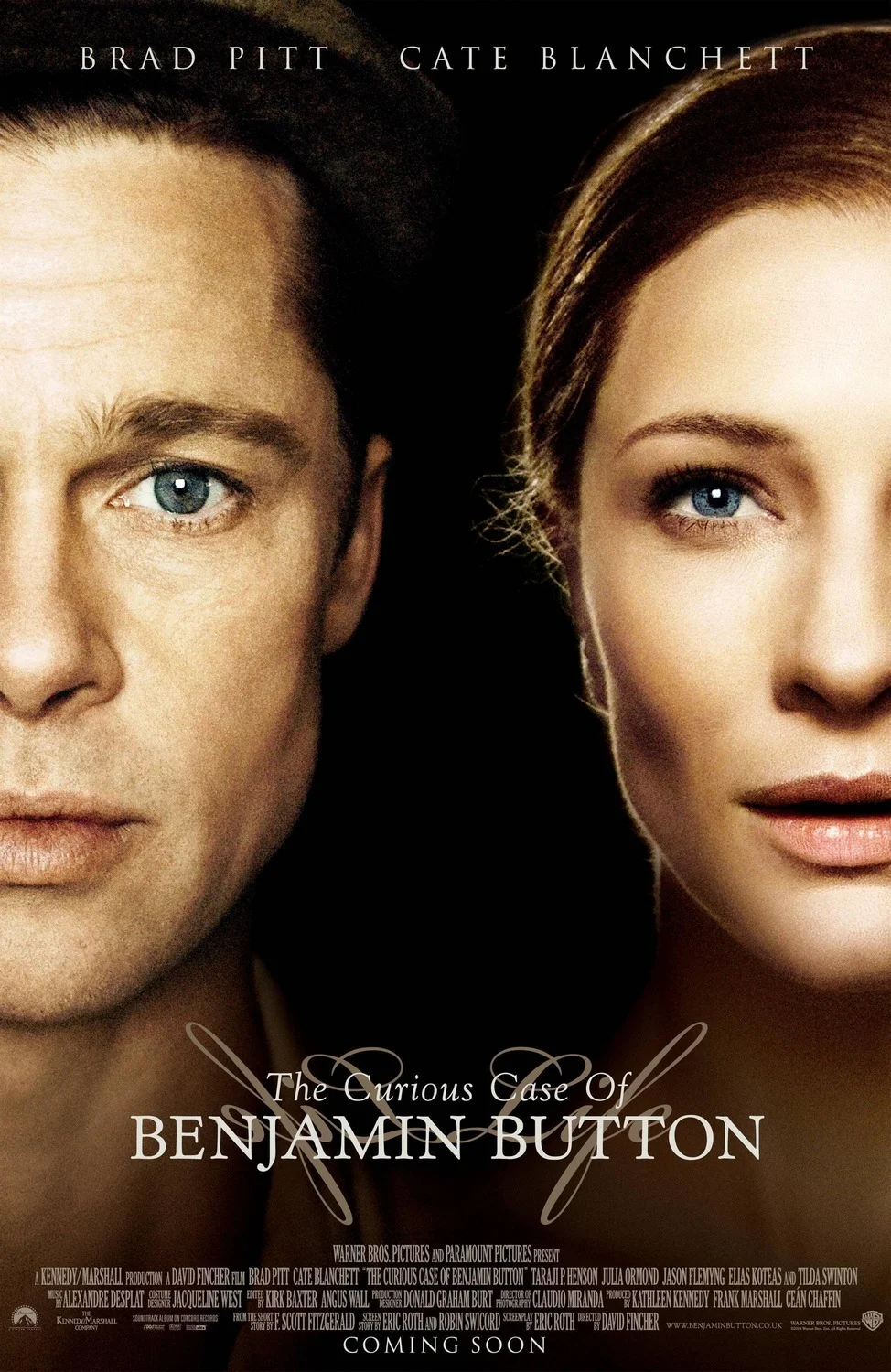Classic Movie Review : Fight Club (1999)
Fight Club turned twenty-five years old this year. I’ve turned forty-two this month, so it means I was seventeen when it changed my life. Eighteen or nineteen if I’m being honest because I got acquainted with it on VHS long after it was considered a box office flop, like most people who ended up enjoying the movie. It’s been a wild ride for Fight Club since. It’s been widely considered a masterpiece and accused of corrupting young men concurrently. Which one is it? Did Fight Club age poorly or did it survive the test of time?
I've watched it for the first time in six or seven years in order to gain new insight on a film I kind of know by heart and I mostly didn’t.
In case you’ve been living under a rock for a quarter century: Fight Club tells the story of an insomniac white collar worker (Edward Norton) who finds solace in various support groups he doesn’t belong to. When another tourist (Helena Bonham Carter) starts mirroring his fraudulent ways, our narrator stops being able to sleep again, which happens to be the moments when he meets renegade soapmaker Tyler Durden (Brad Pitt). With his new friend and roommate he'll start a new form of therapy for men and much more.
Everything has been said about Fight Club already…
There are as many interpretations of Fight Club as there are opinions on pizza, so I’ll share my own. The reason why it is such a memorable, but polarizing experience is that it’s basically two movies in one and it revolves around the idea of models. Models for masculinity, but most important models for the self and the idea that you should deal with adversity in an uncompromising, idealistic way. Models are crucial for the development of the self, but they have to be overcomed and eventually integrated.
Tyler Durden becomes a model for the narrator of Fight Club in response to the failure of conventional living for the narrator who’s been taught all his life to do whatever everybody else was doing and to want whatever everybody else wanted. The first thing Tyler teaches him is to destroy that old life of his in order to build another one, which begins with the literal destruction of his body and self-image, which allows him to construct a stronger, more resourceful and self-aware version of himself. That’s the first half.
Second half of Fight Club is about how that model, albeit powerful and idealistic, will become a tyrant if you stray from its uncompromising worldview. That its main purpose is to help you break with unhealthy patterns and to choose a path better align with your values. It’s something you’re supposed to eventually get over in order to live a fulfilling life. The drift from the titular fight club to project Mayhem is meant to illustrate that. The other, brainless members reflect to the narrator his own ideological commitment.
The Art of Getting Over Your Self
Of course, there's a strong anticonsumerist statement to Fight Club. It's there even if I’d argue the movie (and the book) makes fun of anticonsumerist sentiment by making it this blanket concern for people who don't have a purpose nor a personality. It’s what they’re told to rage after, which is supposed to reflect the narrator’s early concern of building the life he's being told to build. Whether you're a consumer or an anticonsumerist terrorist, thoughtless dogmatism is thoughtless dogmatism. It robs you of agency.
A lot of Fight Club worshippers never got that memo.
That’s why I prefer to see is as the story of overcoming who-you-think-you-should-be-in order to be who you really are. Because in essence, whatever Tyler does is what the narrator wants for himself: kicking ass, having sex with Marla, not having a care in the world. He is being his true self through Tyler, but Tyler is not him. That’s why he eventually kills him. Literally and figuratively at the same time. Sorry for the spoiler, but it's been a quarter century. If you were looking forward to watch it, you had time.
*
This is not really a review, but more like an analysis. I don’t think you needed me to tell you Fight Club is a historically great movie, delivered with style, gusto and conviction. I'll tell you this, though: if you choose to watch it in 2024, it'll appear like twice the masterpiece than it originally was. It's inspired, original and multilayered. There aren’t all that many movies this ambitious anymore. I don’t care what anyone says about it, it’s one of the best movies ever made and if you disagree, you’re wrong.
9.5/10
* Follow me on Instagram to keep up with new posts *







